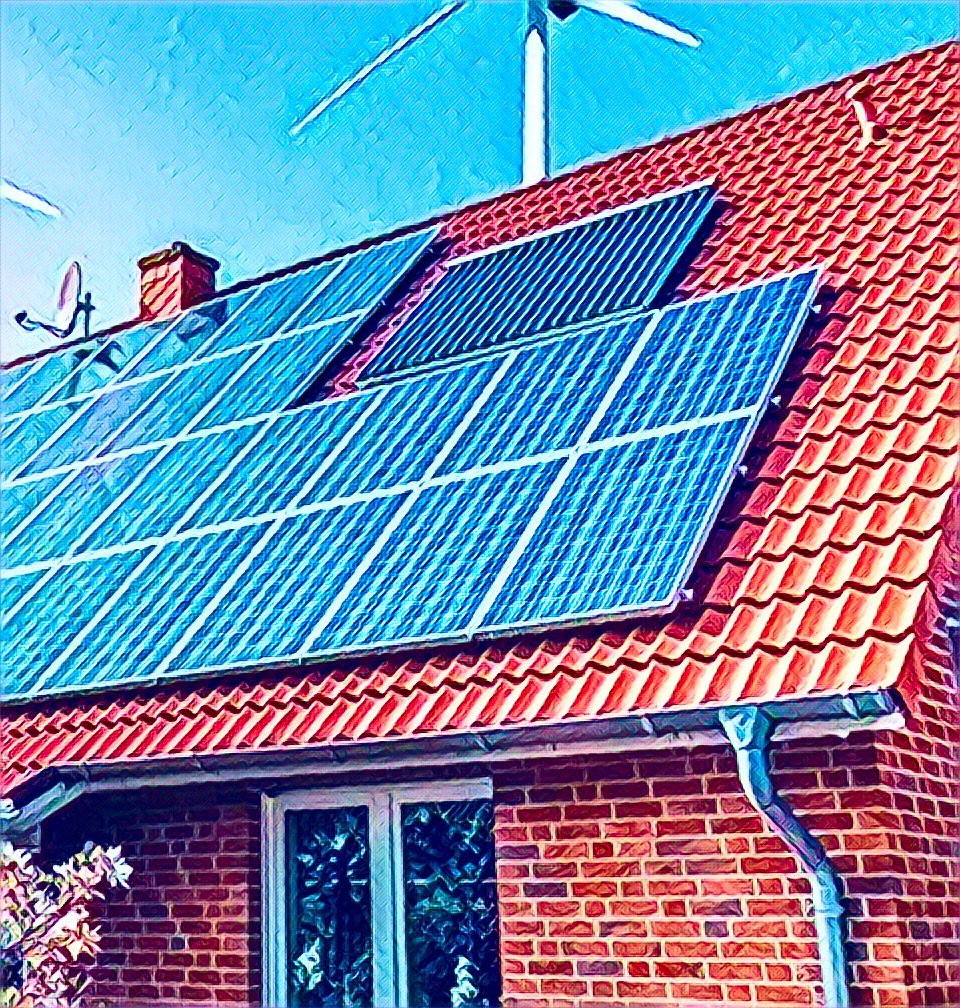KEY POINTS
- Remote workers are increasingly adopting solar power due to the rising costs of petrol.
- Solar solutions are becoming a viable option for reliable power in regions where petrol-powered generators are expensive to maintain.
- The shift towards solar highlights the growing need for affordable, sustainable energy solutions.
With petrol prices increasing further in Nigeria, many people who work from home are now seeking solar power for electricity.
As the cost of maintaining petrol powered generators rises, solar solutions are now proving to be cheaper and more reliable for those working from home.
The recent increase in the price of petrol has put much pressure on both households and businesses especially those employees who work from home and require electricity throughout the day.
This has fostered the search for the solar power whose benefits are long-term cost saving and environmental friendly.
High petrol costs compel change to solar.
Over the past few months the price of petrol in Nigeria has risen due to changes in the oil market and local fuel distribution problems.
For many Nigerians this has meant increased cost of living particularly for those who use petrol generators to power their homes and offices during blackouts.
The average Nigerian uses thousands of naira monthly to fuel generators and this has not been helped by the recent increase in the price of petrol.
For the people who require a reliable power source to work from home, such as remote workers, these costs are unbearable. Consequently, the majority of them are turning to solar energy as a potential solution.
While the installation of solar energy systems is relatively expensive, the long-term financial advantages include the minimization or complete eradication of petrol.
Once these panels are installed, they offer a relatively stable source of energy since one does not have to keep on purchasing fuel unlike with other necessary amenities hence making these a suitable option especially for those working in such remote areas in order to cut on some of their costs.
According to Business Day, the growing use of solar solutions among the remote workers means that Nigerians are changing the way they are approaching the rising energy costs.
Solar panels and inverter systems which were once considered as luxury items are gradually becoming essential commodities in many homes especially those with working professionals from home.
Solar energy as a reliable source
It is not only about saving money, but it is also about the reliability of the source of energy. People in Nigeria experience frequent power blackouts and most at times the power blackout can be for hours or even days on end.
As a result, most homes and businesses have for a long time depended on petrol or diesel generators as their standby power sources. However, with the recent development of fuel costs, generators have become very costly to maintain as compared to the past.
Solar energy on the other hand is reliable and renewable source of power hence allowing the remote workers to continue with their activities without interruption. Solar installations are most effective in the urban and semi-urban areas where the access to the national grid is still a challenge.
It is also pockets’ friendly to the environment as compared to the traditional sources of energy such as the fossil fuels causes air pollution and climate change. Subsequently, solar energy can be considered a green power that would be a solution for individuals with home offices that question their own carbon emissions.
Future of solar in Nigeria
The future of the solar energy in Nigeria is rather promising, as more people and companies turn to the opportunity it’s provided.
The heads of the industry are convinced that the need for solar solutions will remain high due to the high fuel prices and instability of the national power grid.
Solar energy is cheap, efficient and is now available to many people due to technological development and financial options.
Solar firms in Nigeria are now providing affordable payment structures that make it easier for people to pay for the solar panels without having to pay a lot of money at once.
As for the upfront costs, solar installations remain comparatively pricey to this day; however, the returns on investment and the value it brings into play makes it more and more viable for remote workers and anyone who could use reliable power.
As we look to the future, we can only hope for a sustainable energy future.
However, the increasing cost of fuel has been a major challenge to the use of solar energy by the remote workers in Nigeria, but the future looks bright with the increasing use of solar energy.
With the increasing improvement and cost reduction of solar technology, it may one day become the major source of power for millions of Nigerians thereby reducing the country’s dependence on expensive and polluting fossil fuels.


